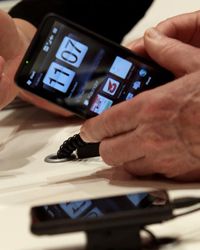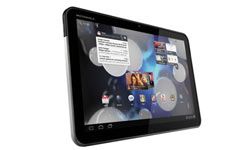Smartphones are supposed to make our lives easier. With the right smartphone you can manage e-mails and appointments, get directions, keep track of your workouts and what you eat, shop, share information with friends, listen to music and watch movies. So why is finding the right smartphone so darn confusing?
Lots of people feel stupid when picking a smartphone. Which is the best platform, Android or iPhone? How can you find the best deal on the phone you want when not every cell phone carrier sells or works with all models? How can you avoid paying for minutes or data plans you never use? How can you avoid overage charges? Which phones have features worth skipping and which features are must haves? Do you even need a smartphone or will a regular mobile phone do?
Advertisement
Smartphones aren't cheap (and neither are the plans they sometimes require), so taking the time to do a little research first and figuring out exactly what you need, want, and can do without, is worth it. We'll show you how to narrow down your options, find the right phone, carrier and plan for you so you end up with the right smartphone -- and maybe even some money left in your pocket. With these five tips for picking the right smartphone, you'll be leaving the cell phone store with the right phone and feeling downright...well, smart.




